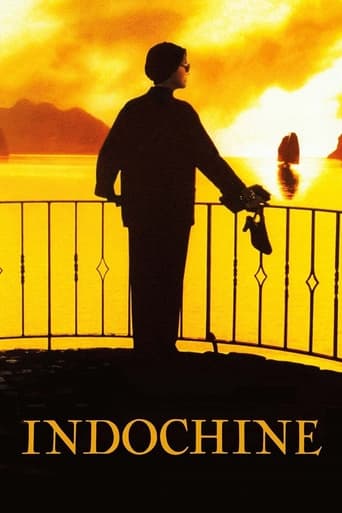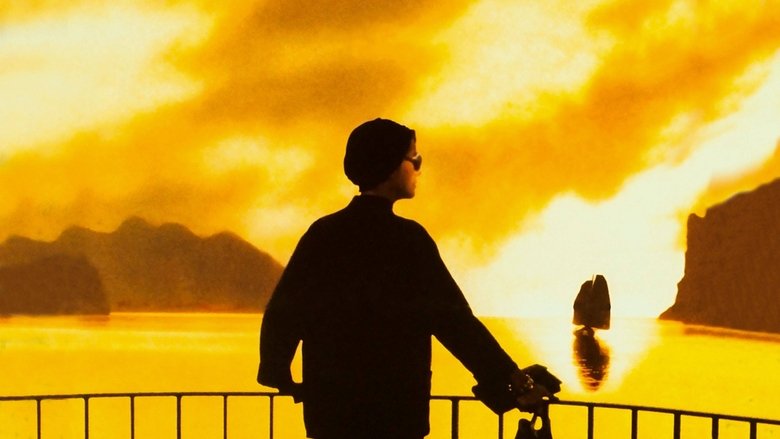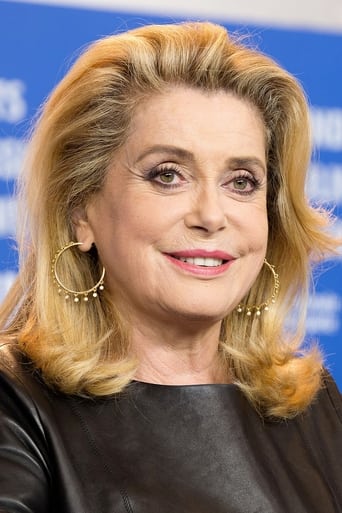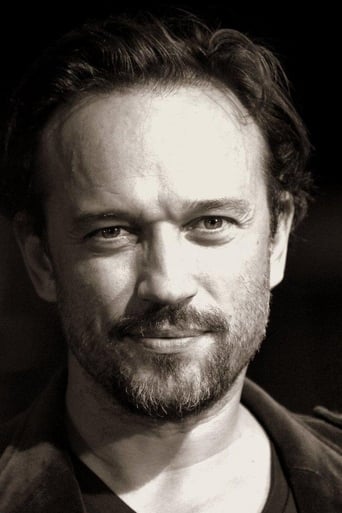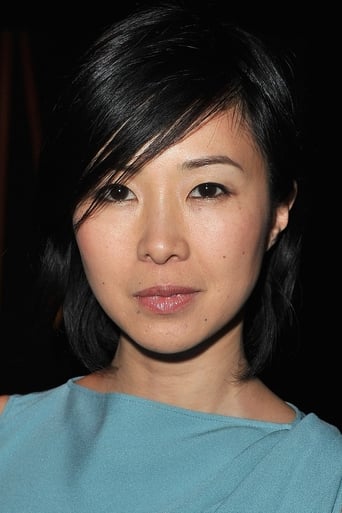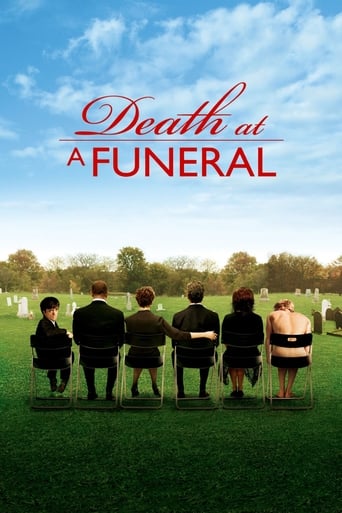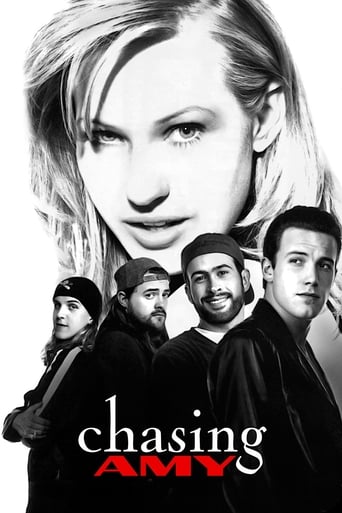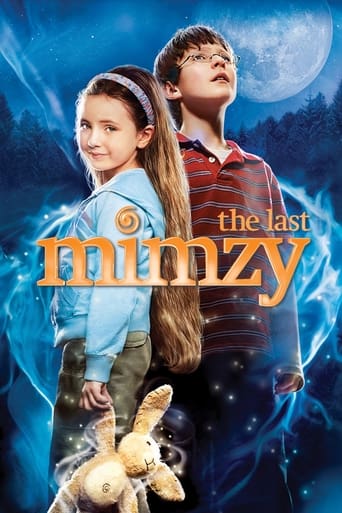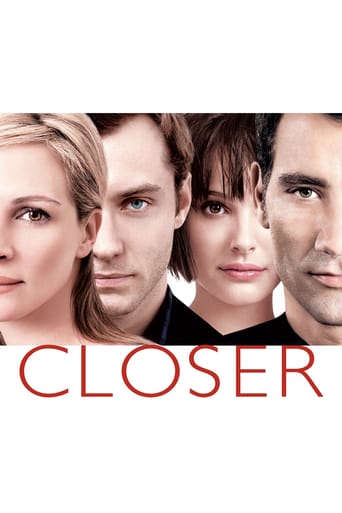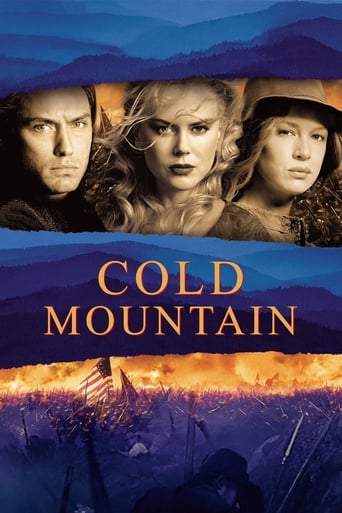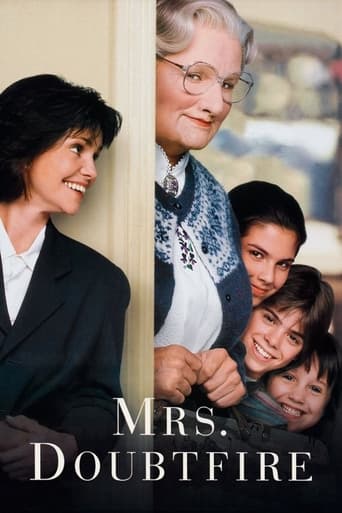Indochine (1992)
Set in colonial French Indochina during the 1930s to 1950s, this is the story of Éliane Devries, a French plantation owner, and of her adopted Vietnamese daughter, Camille, set against the backdrop of the rising Vietnamese nationalist movement.
Watch Trailer
Cast


Similar titles
Reviews
Very very predictable, including the post credit scene !!!
The performances transcend the film's tropes, grounding it in characters that feel more complete than this subgenre often produces.
It's entirely possible that sending the audience out feeling lousy was intentional
It's the kind of movie you'll want to see a second time with someone who hasn't seen it yet, to remember what it was like to watch it for the first time.
I saw the picture (now, when I am retired) and did read the review of westpenn49. On one side he admit that it is a sad story, on the other side he acclaims that it is a splendid movie. Is this not a "classic" example of perversion? The most cruel is the most orgiastic?I am sorry but this is real weird.Regards,J.P. (Jan) Clifford
Indochine (1992) Colonial Indochina, the last 25 years. The 1930s. The struggle against European colonialism. French woman adopts Vietnamese girl. Rubber plantation owner with her father. powerful in a time when women usually were the opposite. Magnificent mountains. Spectacular cinematography. Opium. Painted faces in Vietnamese Opera. Cross-cultural love triangle. Between mother, adopted daughter, and forbidden French officer. Éliane, Camille, and Jean-Baptiste. Sides are chosen. Camille shoots a French officer for shooting a Vietnamese family. Jean-Baptiste protects her. Both are hidden with the locals, Communists. Secret River. Gorgeous long shots. They give birth to a son, Étienne. He is sent to live with his grandmother, Éliane. Jean-Baptiste murdered. Powerful scene when Camille is finally released from prison, five years later; Mother and daughter finally reunited, though both have changed dramatically. Especially daughter, who chooses to escape with the Communists to defend her country rather than meet her son. Éliane abandons everything, selling her plantation to Thanh's (young Communist originally engaged to Camille, in the end married her only to aid her escape to go find Jean-Baptiste) mother, moving to France. Fast forward to the present. We see that we have been watching what Éliane has been telling her adopted son, Étienne about his mother. They are on their way to Switzerland, where she is a Vietnamese Communist delegate at the 1954 Geneva Peace Conference. This is his opportunity to finally meet his mother. He instead waits in the lobby for her to recognize him. Of course, she does not. Having left and missed his chance, Étienne unsentimentally says that she, Éliane, is his real mother. Maybe a little long, but only slightly. More likely, pacing could be improved. Notable suspension of disbelief is necessary. Filmed on location in France, Malaysia, and Vietnam, the lush and gorgeous landscapes and overall cinematography. Engaging story. Wonderful music. Powerful performances, especially by matriarch Catherine Deneuve. Quite educational, not many films on Indochina out there, especially not before the Vietnam War. Minh Tam expresses, "I will never understand French love stories. They're all about madness, fury, suffering; similar to our war stories." Add "beauty" to that and you have a perfect film description. Gorgeous epic film, Choosing sides in love and war, French, Vietnamese. Haibun is a prosimetric (written partly in prose and partly in verse) poem in which most commonly one haiku is included after the prose, serving as a climax or epiphany to what came before. #Haibun #PoemReview
with past of a land. with fragments of its culture. map of love and duty, choices and memories. a story. charming, powerful, seductive. the virtue - extraordinary cast. art of wise director who gives a novel and wonderful pictures, secrets and romantic run to happiness. it is difficult to define it. it remains only beautiful. and this definition is enough. for discover the joy of a special movie, mixture of cinnamon, honey and salt. only advise - see it ! maybe for one of its ingredients. for flavor of love, for nature, for Catherine Deneuve or for the labyrinth of few existences. for romance. or, for cruel verdict. each way to discover it is perfect. because it remains. a meeting.
This is a strange work but epics even seem to suck all the originality out of interesting cinema as the grand scenes with the grand passions play out.The writer Erik Orsenna is the real deal, a real writer, not a screenwriter yet this story might have been written by any hack.The overall effect like watching an advert for Yves Saint Laurent or Chanel: Miss Deneuve's clothes are lovely; the male lead is too lovely, he is gorgeous; the decor is lovely, the scenery is all lovely and breathtaking; the minor characters are lovely and trusting; and the music is lovely.This generally wearisome loveliness is not helped by, firstly, that everything is too clean and well pressed and secondly, by the monotony of the photography in which everything is lit the same way,it is all equal, there are no shadows in any shot, not even the cabaret. In this regard it is like an advert.Catherine Deneuve can act but here she is a wooden totem, looking lovely in some lovely period clothes and sunglasses, quick change: into another set of lovely flowing clothes.This is Vietnam as a runway (no aircraft) - with Westerners in the key role and slightly wistful that it all ended before next season's collection could be exhibited.

